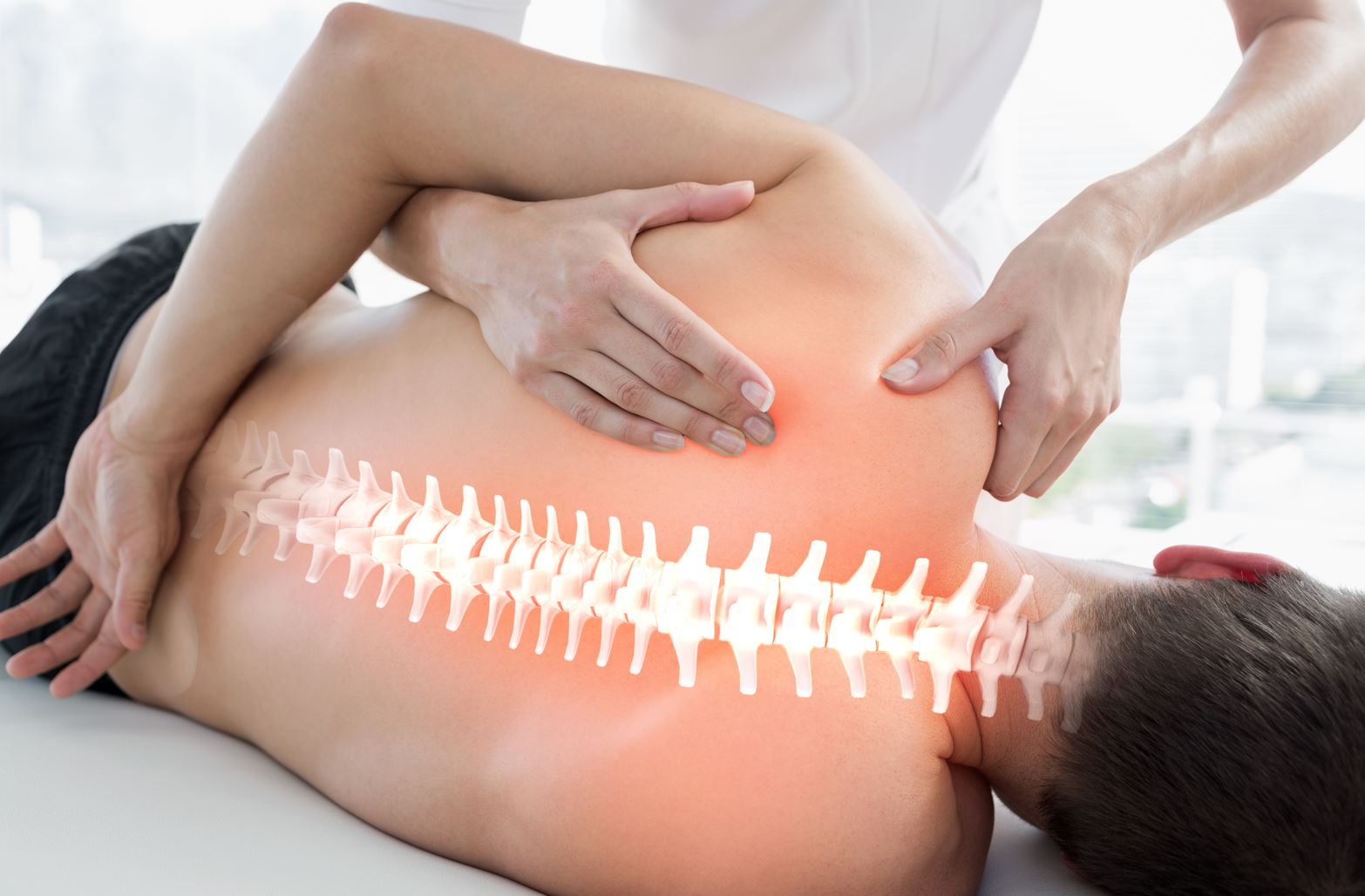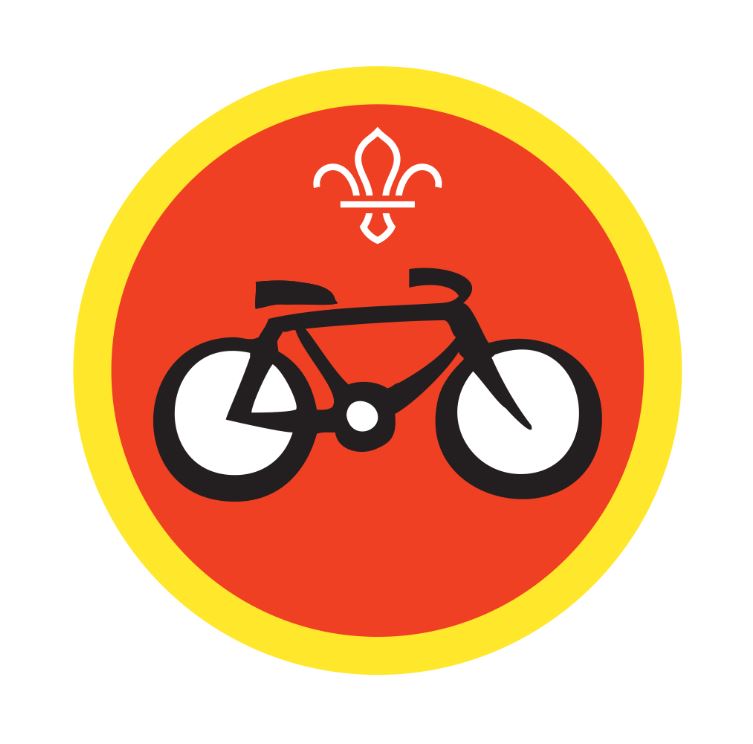An e-bike is a great way for dodging congestion and getting around faster, the environmental factors are limitless, and it can even transport children and goods, but there are many factors that come into play when making such an important purchase, and while you may be getting excited thinking about models and speed, safety should be top priority.
What is a legal e-bike in the UK?
A legal e-bike in the UK will not have a throttle, unless purchased before 2016, and will have defining characteristics; the motor will not exceed 250 watts and the pedal assistance will be limited to up to 15.5 mph. When shopping around for an e-bike, it can be tempting to look at cheaper options, including conversion kits.
This year alone, the London Fire Brigade has attended to 104 e-bike fires, due to malfunctioning batteries, with conversion kits causing almost 40% of the fires. This has highlighted the pressing needs for further safety legislation.
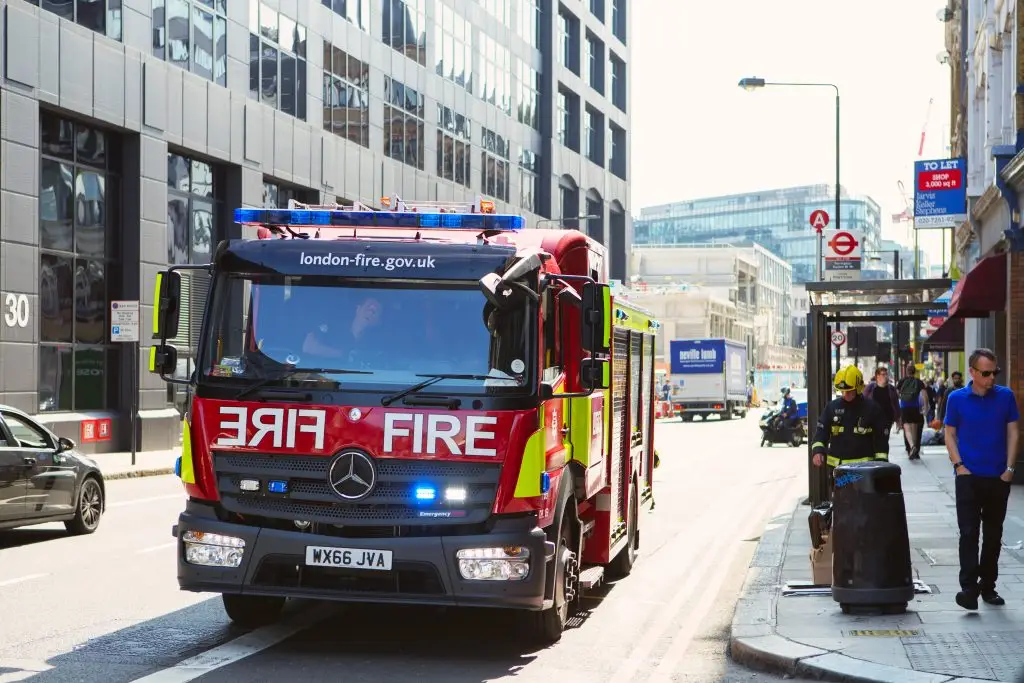
The most common cause of e-bike battery failure is due to irreputable suppliers placing charging products on the market, that are incompatible with the most commonly used Lithium-ion batteries and are therefore unsafe.
The two UK cycle industry trade associations, the Bicycle Association and the Association of Cycle Traders, have teamed up to release industry guidance on lithium battery fires and road legal e-bikes.
The media impression to the public is that all such vehicles are unsafe, but now, the two cycle industry trade bodies in the UK, the Bicycle Association and the Association of Cycle Traders, have issued guidance sheets for the industry, aiming to counter the often-misleading media headlines.
As illustrated by the Bicycle Association, safety measures applied to battery packs by reputable suppliers in the e-bike industry include:
- Safeguards against fire risk at the design stage.
- Extensive testing of battery packs to relevant international standards such as UN38.3 and BS EN 50604, and proper CE / UKCA marking of the pack and charger.
- Testing of battery packs, e-bike power systems and chargers as a complete system, as part of compliance with the e-bike safety standard BS EN 15194.
- These standards also require that clear instructions on safe battery use must be included in the e-bike user manual.
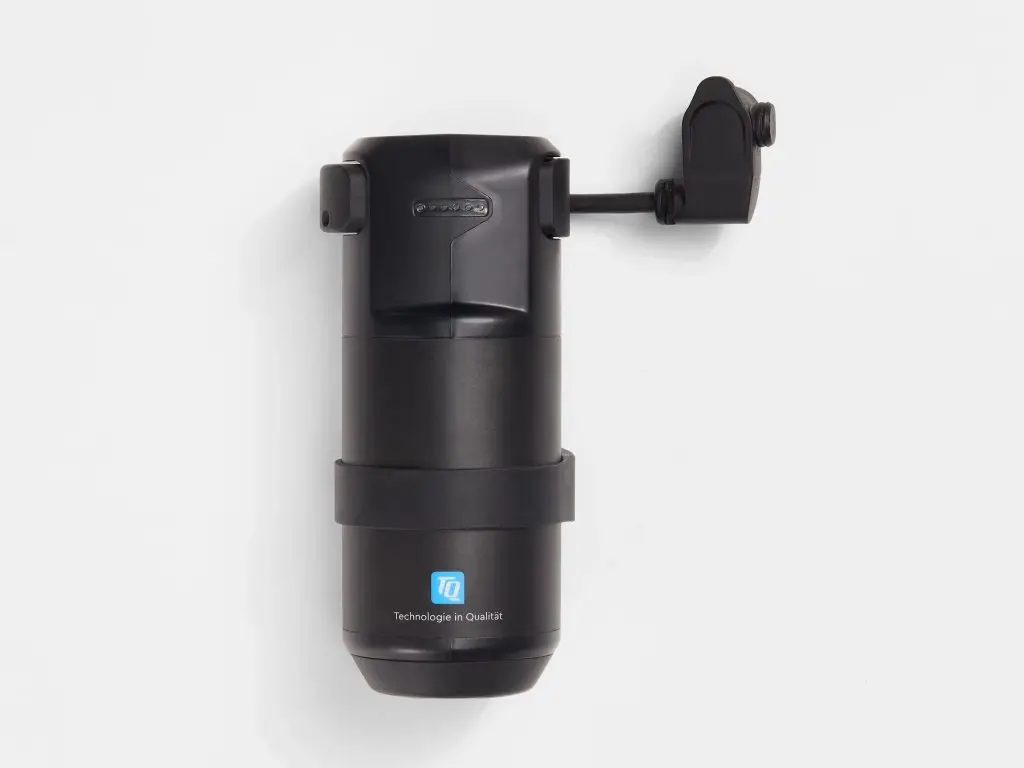
Buying an e-bike from a trusted retailer means that you can be confident that it has been built to the required standards, as opposed to poorly constructed models, or those that have been fitted with other parts separately.
Founded in 1978, Highway Cycles has unrivalled expertise on the vast range of e-bikes models and supporting products on the market.
Highway Cycles are both Bosch and Shimano accredited and will only sell high quality electric bikes from the top brands that meet the outlined requirements, this includes Trek, Riese and Muller, and Moustache.
When charging e-bikes, always follow manufacturers guidelines.
Bosch recommends:
- Be sure to charge your battery with the original charger.
- Only charge your battery in a dry area that’s fitted with a working smoke detector.
- If possible, charge the battery at room temperature.
- After charging, disconnect the battery and charger from the power supply.
- Avoid regularly draining the battery down to zero.
For longer storage, particularly during winter, Bosch recommends:
- Store the battery at a charge status of 30-60%.
- Store the battery at room temperature, in a dry room.
- Do not store the battery in the vicinity of combustible or flammable materials.
- Store the battery in a room with a smoke detector installed.
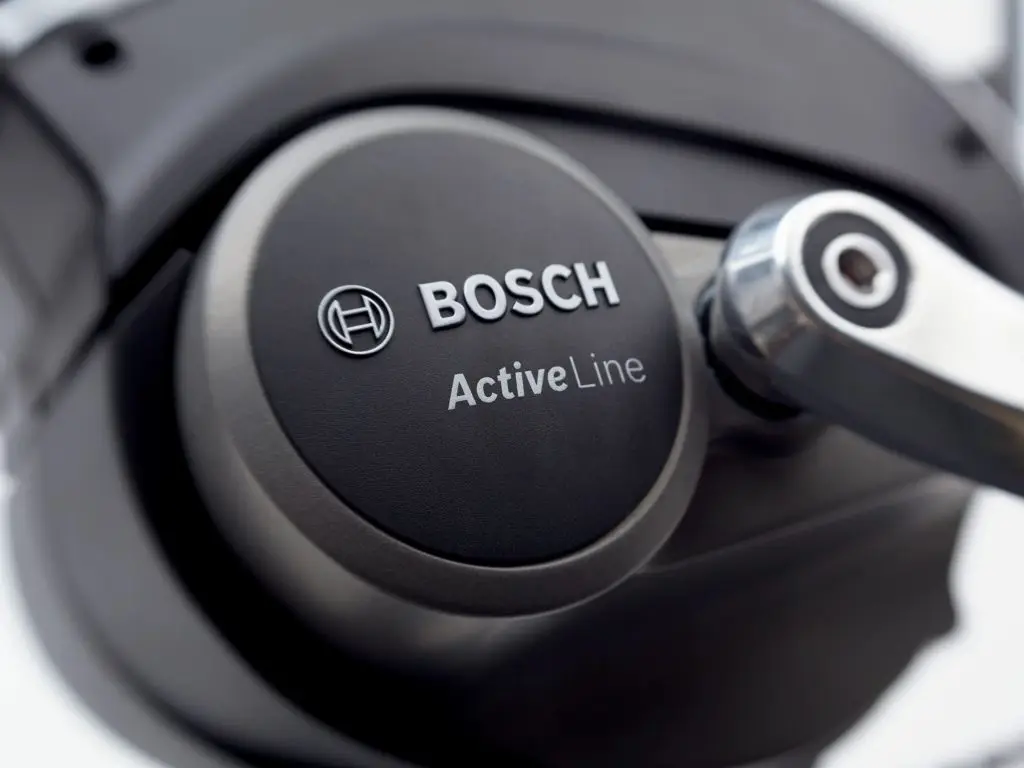
Our specialists are on hand seven days a week, in both our Hertford and Bishop’s Stortford stores, to guide customers through not just the buying experience, but with advice on a range of topics, including e-bike storage, charging, and best practice.
To find out more about checking your e-bike battery, visit: Battery check – Bosch eBike Systems (bosch-ebike.com)
Pop into one of our stores, or visit: www.highwaycycles.co.uk

